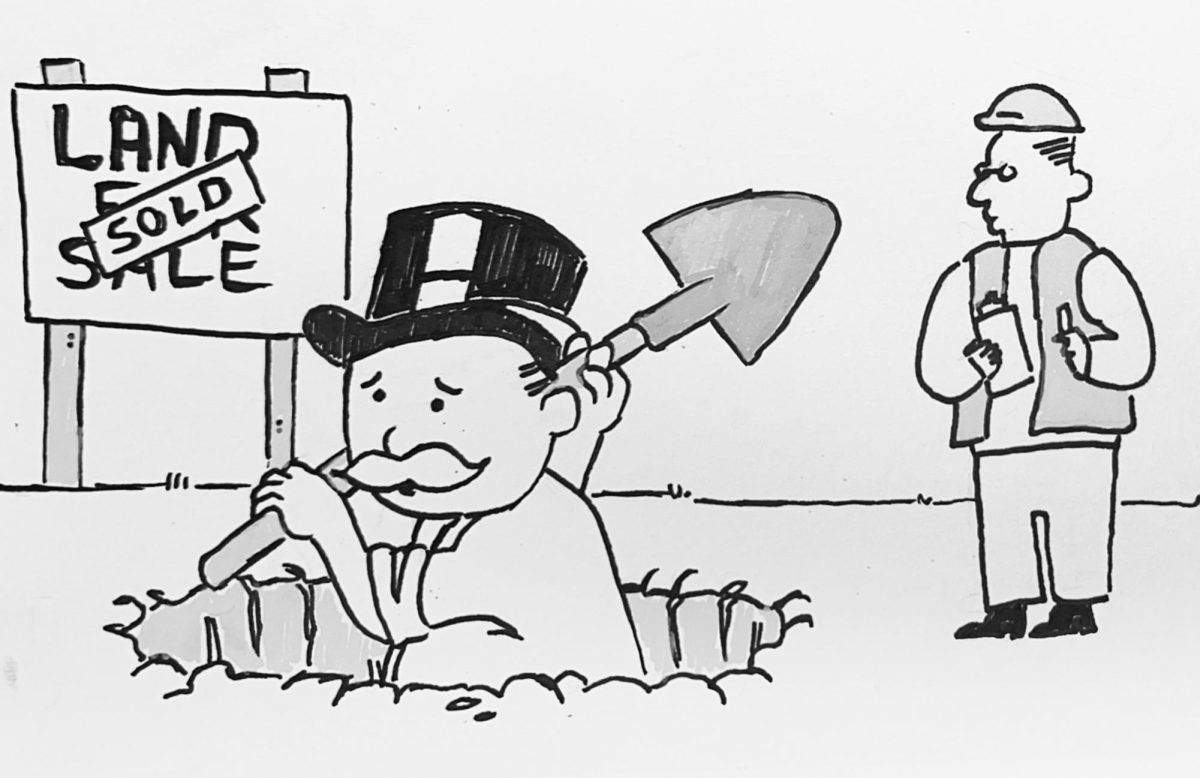Article written by Madelyn Peterson.
Javier1 carries his height with humility and smiles easily. He grew up near his grandparents’ ranch in Sonora, Mexico, riding horses and fighting roosters. He made his living and formed his family in Arizona, where he’s resided for 10 years. He calls his family daily; he hopes his eight-year-old girl will soon grow out of her Hannah Montana phase and idolize more substantial role models. Javier was deported to Nogales several months ago and has been searching for a job. He misses his family intensely, but he can’t return to the United States and he doesn’t want to bring them to Mexico, where work is rare and violence is practically inevitable. He wants to cross the border and turn himself in to the Border Patrol, so he will be detained in a CCA prison where he can earn three dollars a day and receive semi-regular meals. Three dollars a day in a high-security prison, where medical needs are routinely neglected and inmates are subject to public humiliation, is his better option.
This summer I volunteered with No More Deaths (NMD) in the twin border-towns of Nogales, Ariz. and Nogales, Sonora, Mexico. NMD is a humanitarian aid organization that works to end death and suffering on the Arizona-Mexico border. Since 1994, the year NAFTA went into effect, over 5,000 people have died along the U.S.-Mexico border while attempting to cross the American desert according to official records. Countless more have disappeared, unrecorded. The NMD Nogales project works on the Mexican side of the border; volunteers offer free phone calls to family, provide first aid, document human rights abuses and help recover property taken by the Border Patrol or the prison system for those who have been recently deported.
I met 20-50 people a day at the shelter, most of whom had arrived in Nogales that day. Trauma and shock are fresh on everyone’s skin. Their stories of abuse, family separation and loss roll from their lips minutes after we meet. Most of those who have been deported have suffered dehydration, starvation, overheating, and severe blisters while in the desert. Most are separated from their families. Many have been abused and denied medical treatment while in the custody of the Border Patrol or in detention facilities.
David is a cheeky Honduran kid. He has a toothy smile and when he speaks, he drops the ends off his words. The backs of his hands are scarred from work in the coffee fields. When I first meet him, he claims to be 17-years-old, but later admits to 15. He looks 12. David already tried to cross the border once this month, with a group of young Hondureños, but they turned back after one broke a foot and they all were scratched up in the brittle desert. David tells me he’ll return to the fields in Honduras to work, but I’ve heard a rumor that he’s going to cross again. One day he is gone from the shelter without a goodbye, likely walking for el norte.
This month, a suit against the U.S. government for the murder of a Mexican child was dismissed. The child, another 15-year-old boy, was allegedly throwing stones at the Border Patrol officer on the other side of the Rio Grande. The officer shot the child in the head. The suit filed by the boy’s family was dismissed because the crime occurred on “Mexican soil” as the child died on Mexican ground, and there are no statutes that would apply in a case against the U.S. government.2 The Border Patrol officer is an American citizen who fired from American soil, and the American court claims that the family is unable to argue the charges.
In WWII, the United States initially refused to offer safe harbor to an increased number of Jewish refugees from Europe. In 1937 Dorothy Thompson, an American journalist, wrote of the situation: “It is a fantastic commentary on the inhumanity of our times that for thousands and thousands of people, a piece of paper with a stamp on it is the difference between life and death.”
Today, U.S. border and immigration policy is recreating the same brands of cruelties and inequalities. The federally condoned violence along the U.S.-Mexico border is another chapter in the United States’ abuse and exploitation of a refugee population and a disempowered racial group. Those who suffer most have the fewest resources and the least political power.
I am afraid for the people who will be crossing the desert tonight. I am afraid for the thousands in our prison systems, waiting to be deported. I am afraid for the hundreds who will arrive in Mexican border towns today, stripped of their homes, their belongings, their dignity and their voices.
- All names changed for protection
- Source: “Suit dismissed in shooting death of Juárez boy by Border Patrol agent” by Armando V. Durazo. El Paso Times, 18 August 2011.








